Preschool readiness is a common concern for any parent whose child is already in the toddler years. What is the appropriate age for children to join a preschool? What set of skills should they already have before enrolling? Which do I choose for my child among the different preschools in Singapore? These are just a couple of the mind-boggling questions that parents juggle with. This is understandable, of course, since a parent would only want the best for their children.
It may be a popular thought that a child’s readiness for preschool is centred around their academic abilities, but teachers who have years of experience in working with children in this age group would say differently. While the academic abilities of a child have bearing on readiness, a lot of preschool teachers believe that a child’s temperament and personality is much more important. Temperament and personality refer to the certain traits of a child, like their emotional, mental, and physical characteristics.
Observe your child to know if these traits are present in order to assess whether they are ready to take the first and big step of entering preschool or not. Here is a list of the things you should check:

1. Independence or self sufficiency
We do not expect children to master the art of independence just for them to start preschool. However, being able to do basic tasks on their own with minimal supervision is one of the many green lights that your child is ready for preschool. Basic tasks that preschoolers should be able to do include being able to open their lunch box and containers, put on a jacket, wash their hands, wipe their nose or mouth, and being able to use the toilet alone, especially if the preschool requires independent toileting. Also, part of their self-care skills is being able to know and say their first and last name, as well as their age.
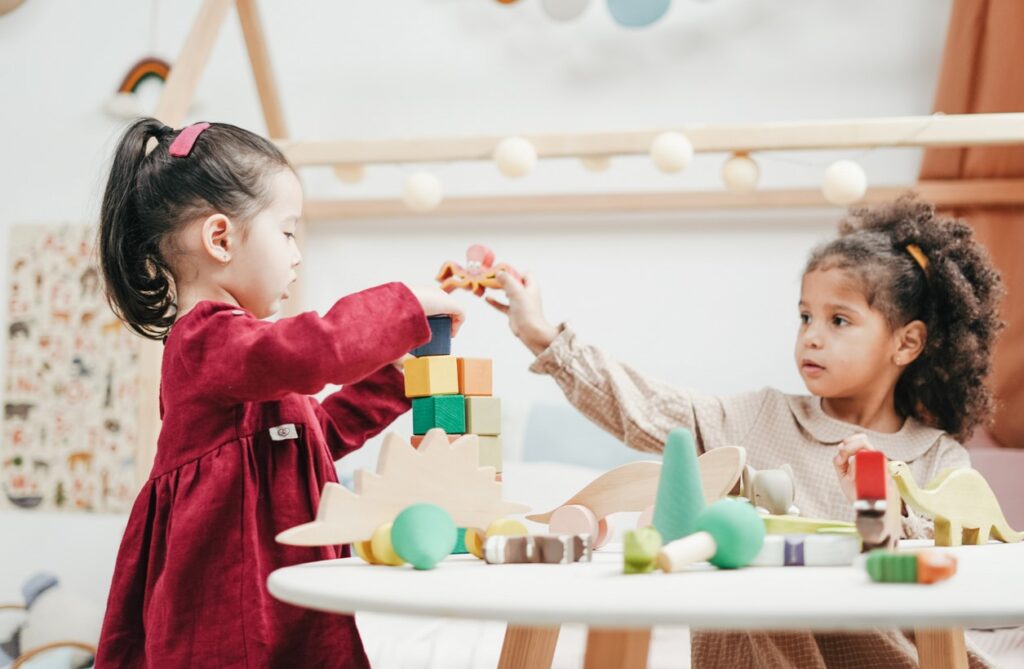
2. Social skills
Preschool will be a new and totally different environment from your home. Hence, it is crucial that your child is prepared in the area of socialization. The main concern to look out for is to see whether your child can be separate or away from you for a few hours. It will be stressful for a child if he or she is not accustomed in not having their parent or guardian around, so enrolling them in preschool when they are not trained to be independent will prove to be unproductive when it comes to their learning and development. Also, observe how they interact with children of their age. Are they comfortable in meeting and playing with new friends? Are they able to voice out what they need and express how they feel? How do they feel about learning new things? These are things that your child should be able to do and be open to as they will be experiencing a lot of socializing with other children in preschool. Manners are essential, so be sure your child knows how to be respectful and considerate. They must learn how to wait for their turn, share things, and join in activities with other children without getting overwhelmed. Teach them to say greetings and also use the magic words—“please” “thank you” and “excuse me.”
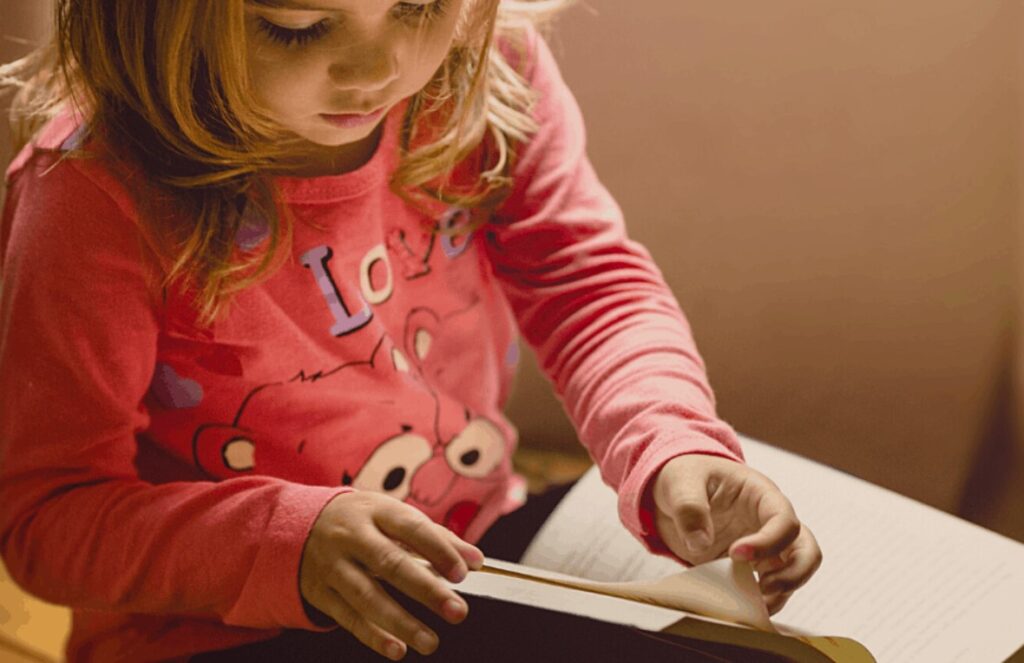
3. Verbal communication
Listening and communicating skills are huge blockers for learning. If your child does not exhibit any ability in these areas, then enrolling them in a preschool can be a struggle. Preschoolers are expected to be able to use language when communicating with others. They should be able to speak audibly with words that are easily understood. Likewise, they should be able to keep still for five (5) minutes at the very least when participating in an activity managed by an adult. Understanding and telling simple stories are also skills that should already be present.
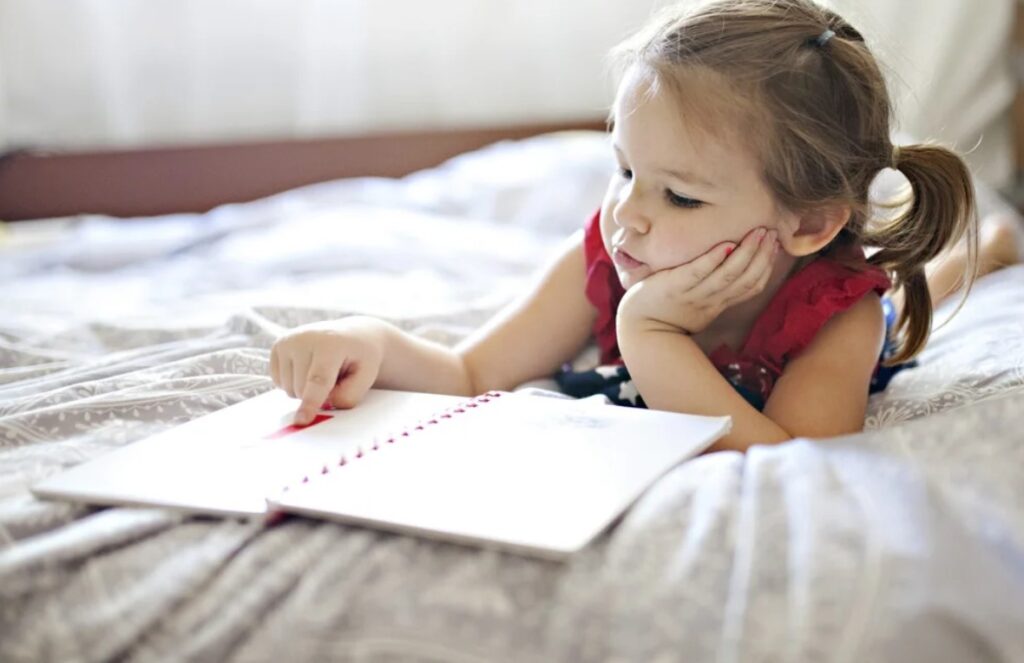
4. Reading, writing, and gross motor skills
Activities in preschool engage the children’s hand-eye coordination, as well as their gross motor skills. A child should be able to do actions, such as running, kicking, and jumping in place. A child should demonstrate readiness in reading and writing during this age. He or she should be able to hold and control a pencil or a crayon with the use of his or her fingers. Some letter and colour recognition should already be present. Puzzles that are easy to solve and building blocks can be used to determine the development of coordination between a child’s hand and eye. Readiness in reading can be gauged by their ability to hold a book, flip through its pages the right way, and correctly connecting the sound of a letter to a specific letter.
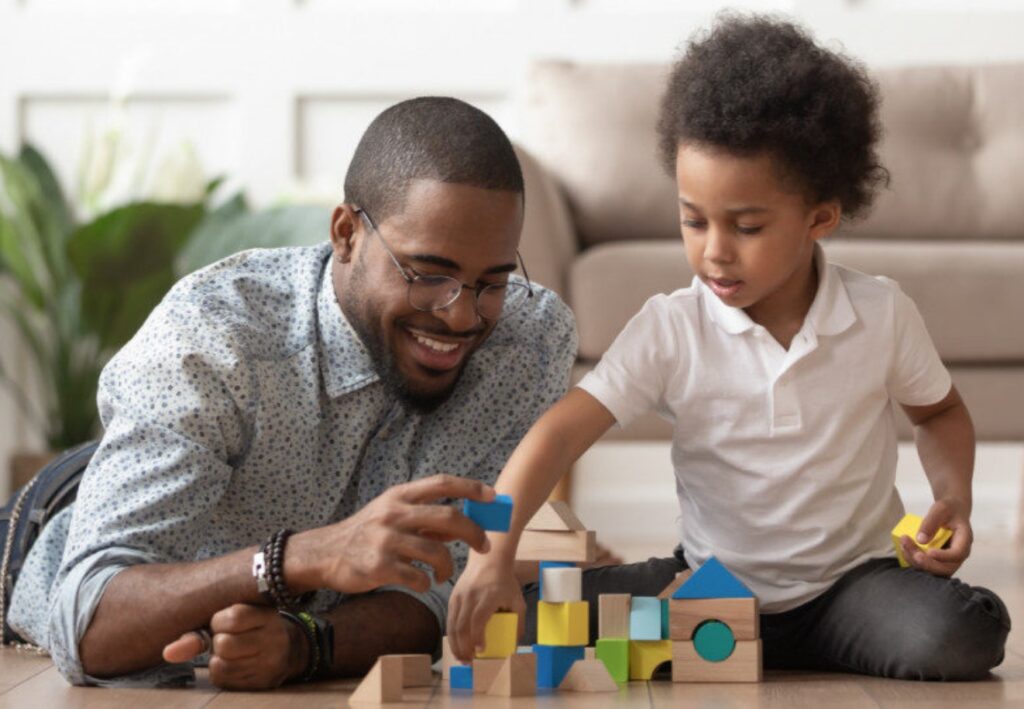
5. Organization
Packing away things follows almost every activity done in preschools. This is best taught at home first, so your child learns to be organized prior to starting preschool. By the time they are in school, they will not have a hard time in learning this trait as it will already be a part of their routine. Being organized is also a way of inculcating good manners to a child. It shows that a child is respectful of spaces shared with others. It will also teach them a sense of responsibility when it comes to taking care of their belongings. Colourful plastic bins are great tools to help a child become more organized. After playtime at home, teach them to store away their toys by using the bins. Show them how to pack away things in a bag and demonstrate the way to zip ad unzip a bag’s zipper. Singing a song while cleaning and organizing can make things fun for a child. Do not forget to commend your child when they are able to do this task correctly on their own.
Do not be frustrated if your child is not able to do all of these things excellently and at once. Remember that these things should not be “mastered” by your child completely before preschool, but it is important that these are practiced or present by the time they are to be enrolled. These practices will be reinforced as they continue to learn and develop their abilities in preschool.
If you want to find out more on this topic, you can check out https://ourfirststeps.com.sg/ and see how they differ from other preschools in Singapore?

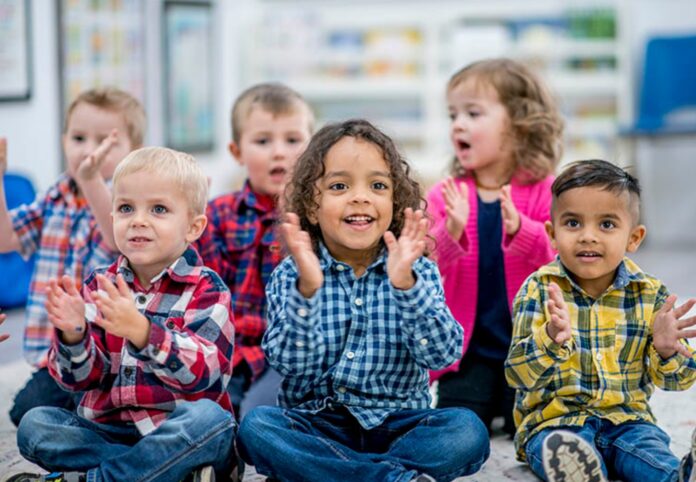
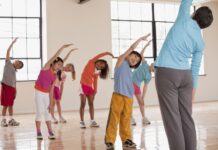


![Calgary’s Hottest Neighborhoods for Luxury Homebuyers [2024]](https://thewashingtonote.com/wp-content/uploads/2024/04/Calgary-324x160.png)



